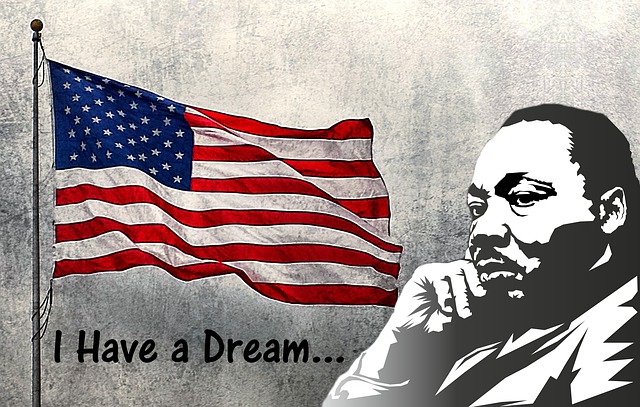
Today is the Martin Luther King Jr. Day - a holiday to celebrate the life and legacy of a great Civil Rights Movement leader. Dr. King was an incredibly effective leader who challenged the status quo and transformed the American society forever. He had a dream and got people to rally behind it to make it a reality. And that’s what great leaders do. Dr. King, Gandhi, Henry Ford, Jeff Bezos, all had vision of a world that was very different from the one they lived in and they were able to inspire people to work towards making their vision a reality.

The question is this: in an organization, is there a difference between a manager and a leader or are these synonymous? Some companies regularly refer to their managers as leaders but are these terms always interchangeable.
Let us look at differences between a leader and a manager.
Let’s start with managers. Managers are in charge of people and their responsibility is to get people to achieve some goal or target effectively. They don’t define these goals or targets but rather derive them directly or indirectly based on the strategy or direction the leadership has defined for the company. A bad manager can be very dangerous and can permanently damage team culture and morale. Managers have certain powers and influence that come attached to their position and their subordinates have to dance to their tunes (to varying degrees, but some degree). They are the ones who get to decide who gets the bonus or the promotion.
In fact, management is a set of well-known processes, like planning, budgeting, structuring jobs, staffing jobs, measuring performance and problem-solving, which help an organization to predictably do what it knows how to do well. Management helps you to produce products and services as you have promised, of consistent quality, on budget, day after day, week after week. In organizations of any size and complexity, this is an enormously difficult task. We constantly underestimate how complex this task really is, especially if we are not in senior management jobs. So, management is crucial — but it’s not leadership.
Leadership is entirely different. It is associated with taking an organization into the future, finding opportunities that are coming at it faster and faster and successfully exploiting those opportunities. Leadership is about vision, about people buying in, about empowerment and, most of all, about producing useful change.
Managing people is tough. Imagine if Dr. King had to plan the logistics of his rallies, figure out the carpools or deal with time-off requests. To be effective, organizations need both leaders who are setting direction and looking into the future, and managers who are motivating the crew to keep the ship moving in that direction.
So while there is a difference between leadership and management, both can be done effectively or poorly. John C. Maxwell’s hierarchy or the “levels of leadership”, I believe speak to both leaders and managers since both are in charge of people or teams.
Good leaders and managers have a few things in common. They deeply believe that people, and not some process, are their most important asset. They share a clear and compelling vision and have followers who enroll voluntarily, because they want to be a part of it. They are extremely good at identifying the right people, who don’t need to be babysit or micromanaged to get something done. You can’t go wrong if you hire the right people who have the talents you need, define clear outcomes, trust them with getting the task done, empower them and “get the hell of out of their way”:
… there are a thousand leaders who learned to hire smart people and let them build great things in a nurturing environment of empowerment and it was AWESOME. That doesn’t mean lowering your standards. It doesn’t mean letting people do bad work. It means hiring smart people who get things done—and then getting the hell out of the way.
That’s it. Hope you enjoyed this post. If you have any comments, please leave them in the comments section below.
Happy Martin Luther King Day.
Comments (1)
Jen
I have to say this resonates with me. As a manager, it’s my job to make sure our team completes their tasks on-time and according to quality standards. Tasks that fall in line with our executive vision and strategy which I may understand, agree or disagree with. It’s all part of the job.